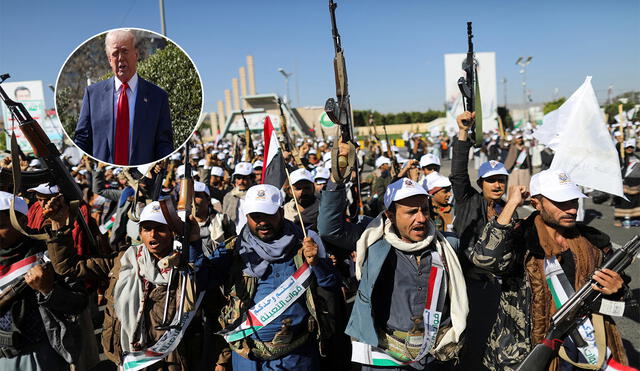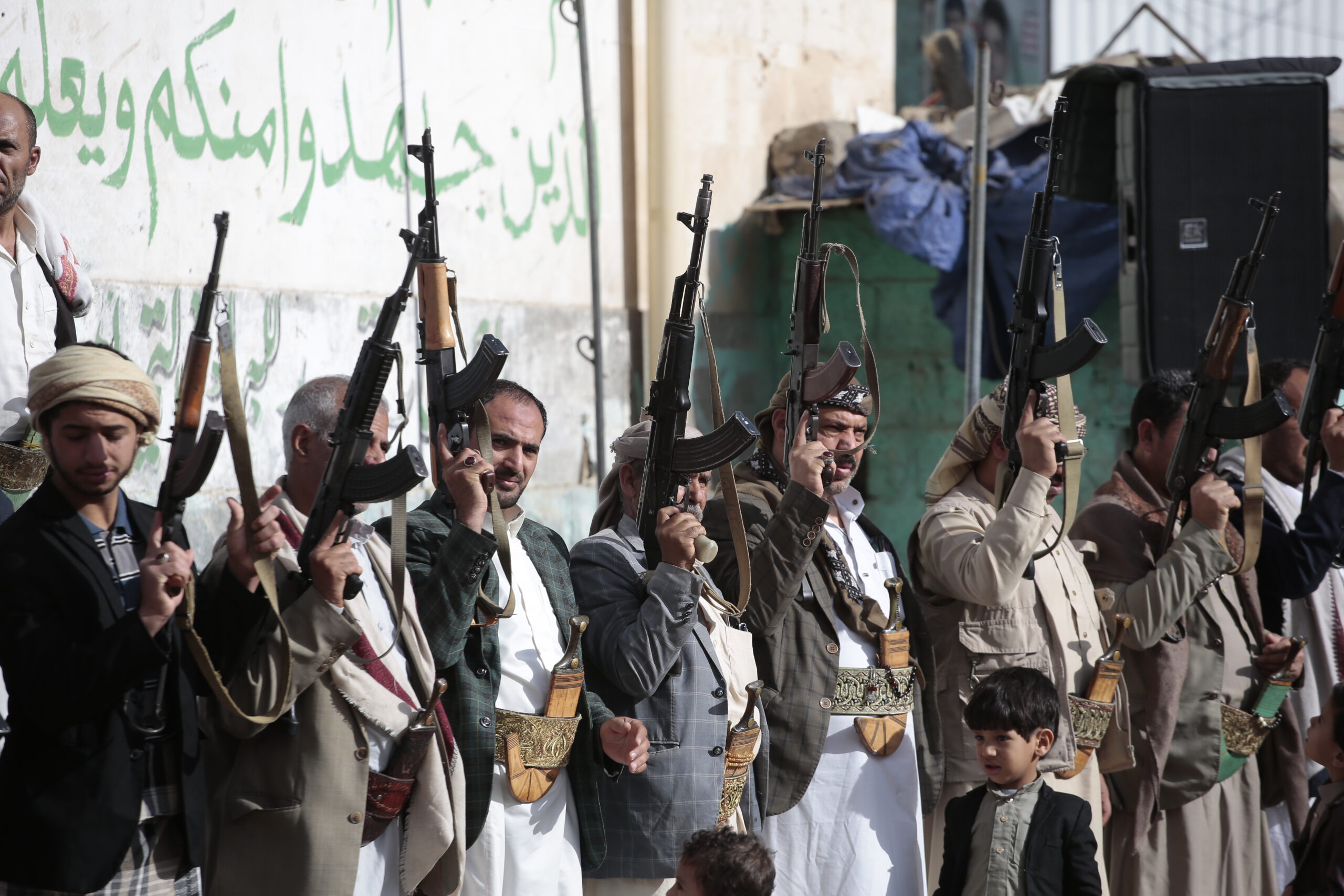U.S. Military escalates offensive against Yemen's Houthi rebels amid renewed terrorist designation
The United States has escalated its involvement in Yemen by launching extensive airstrikes against Houthi rebels and re-designating the group as a Foreign Terrorist Organization. These actions aim to protect maritime security.

In a significant escalation of military involvement, the United States launched extensive airstrikes against Yemen's Houthi rebels on March 15, 2025. This action underscores the administration's commitment to countering threats in the Middle East and ensuring the safety of international maritime operations. The strikes targeted strategic Houthi installations, including radar systems, air defenses and missile launch sites around the capital, Sana'a. These facilities had been implicated in disrupting shipping lanes in the Red Sea, a vital corridor for global trade.
President Trump's administration justified the offensive as a direct response to the Houthis' persistent acts of piracy and aggression against U.S. and allied assets. The President emphasized that such decisive measures are necessary to protect American interests and maintain regional stability. He also issued a stern warning to Iran, urging the cessation of support for the Houthi rebels, thereby highlighting the broader geopolitical stakes involved.

Trump orders strikes on Iran-backed Houthi rebels in Yemen and issues new warning. Photo: WHRO.
Renewed terrorist designation intensifies pressure
The recent military actions coincide with the U.S. government's re-designation of the Houthis, also known as Ansar Allah, as a Foreign Terrorist Organization (FTO). This classification imposes stringent economic sanctions and aims to curtail the group's financial networks. The administration cited the Houthis' ongoing attacks on commercial vessels and U.S. warships in the Red Sea as justification for this designation. Since November 2023, the group has been responsible for over 100 such assaults, significantly disrupting maritime trade and prompting shipping companies to seek alternative, more costly routes.
The reinstatement of the FTO status reverses the previous administration's decision to lift the designation due to humanitarian concerns. Critics argue that this move could exacerbate the humanitarian crisis in Yemen by hindering the delivery of essential aid. Organizations like Oxfam have expressed apprehension, suggesting that the designation might compound the suffering of Yemeni civilians already affected by a decade-long conflict.

The United States' Houthi terrorist designation unmasks Russia's Yemen strategy. Photo: Atlantic Council.
Global reactions and strategic implications
The international community has exhibited mixed reactions to the U.S. offensive and the re-designation of the Houthis as a terrorist organization. Allied nations have generally supported measures to ensure the security of maritime routes and deter regional aggression. However, there is also concern about the potential escalation of the conflict and its impact on the already dire humanitarian situation in Yemen.
Analysts note that these developments could further strain U.S.-Iran relations, given Iran's alleged support for the Houthi rebels. The administration's actions are perceived as a clear message to Tehran regarding its involvement in regional conflicts. This stance aligns with the broader U.S. strategy to counter Iranian influence in the Middle East and protect its interests and those of its allies.












